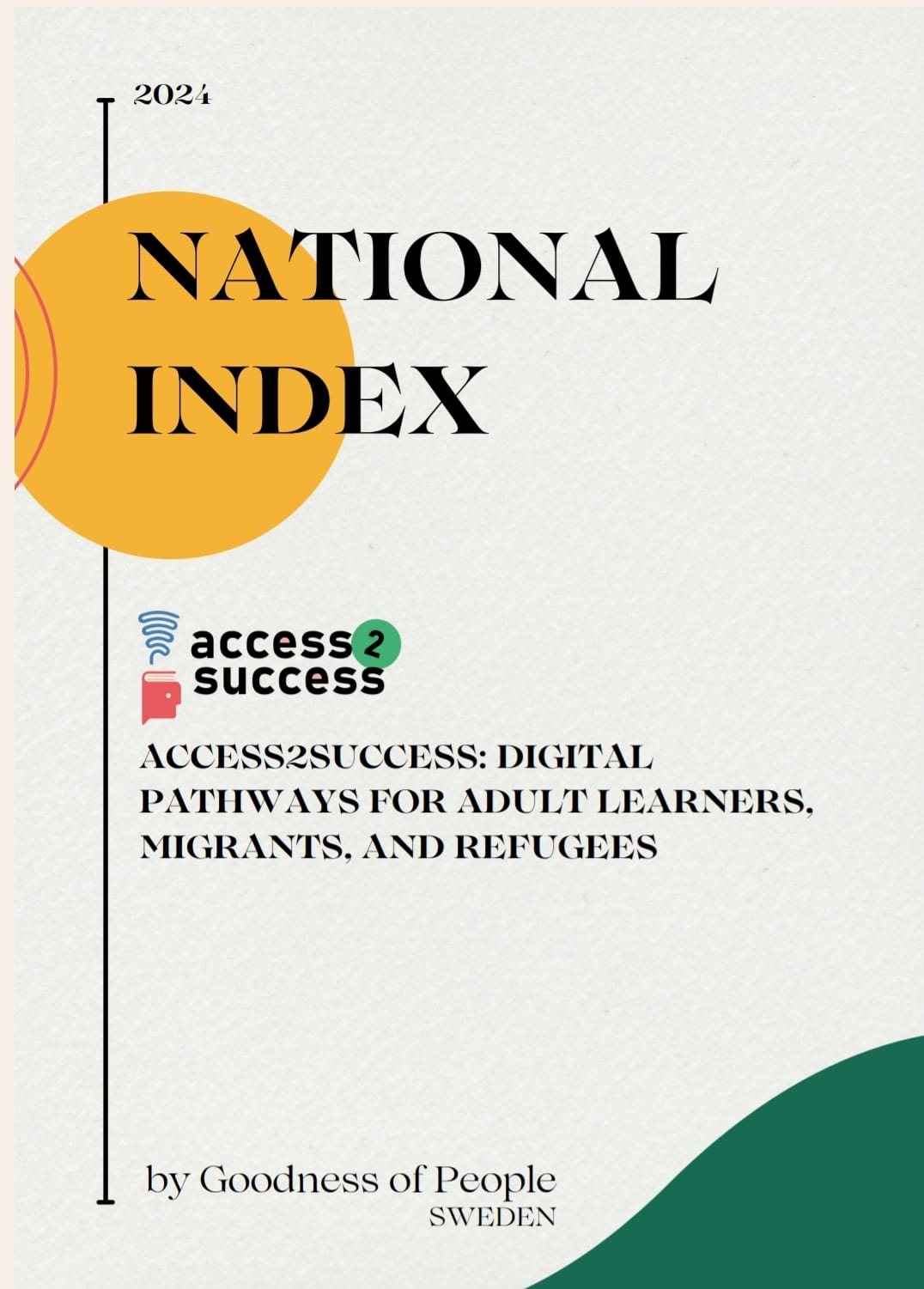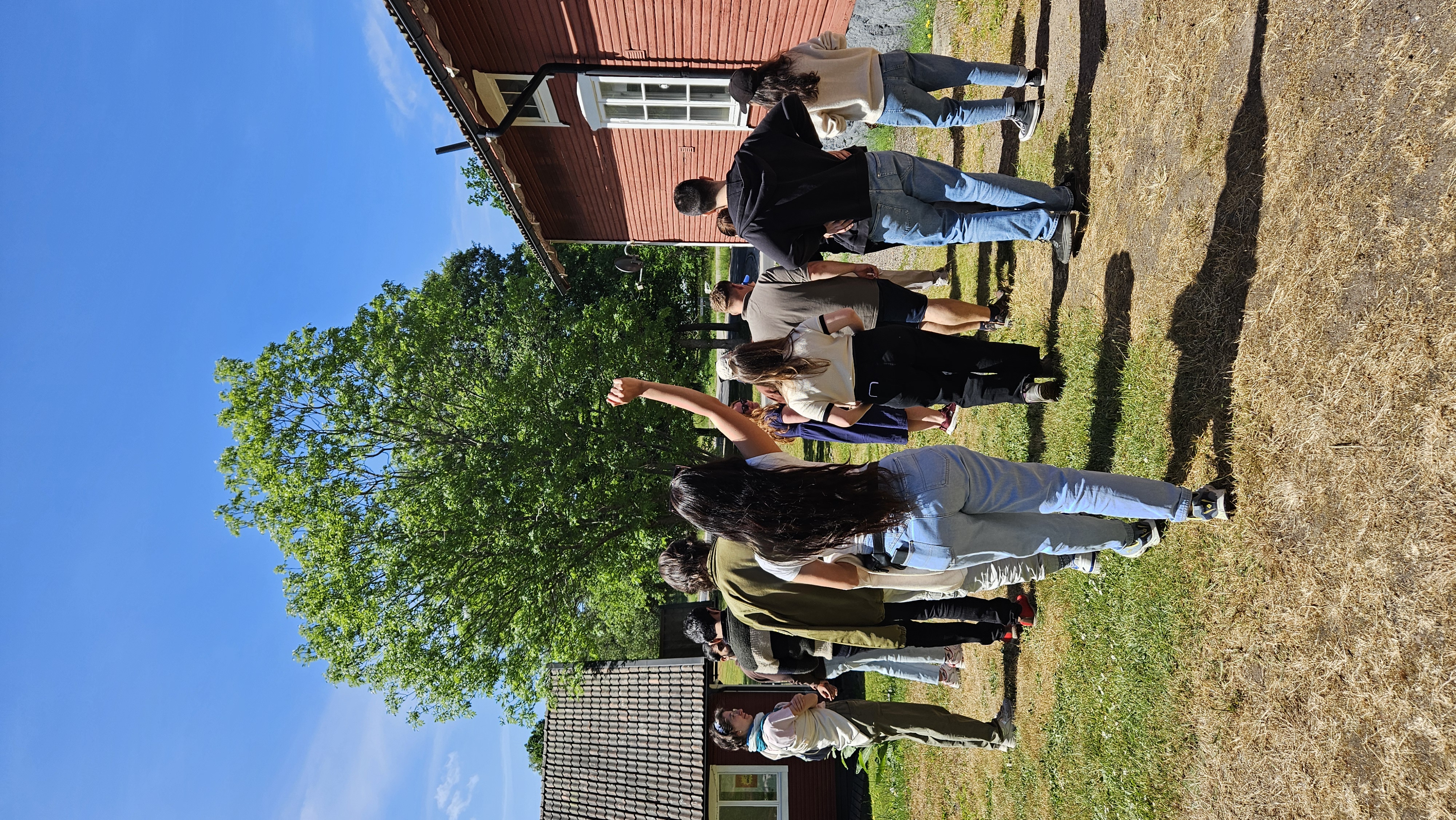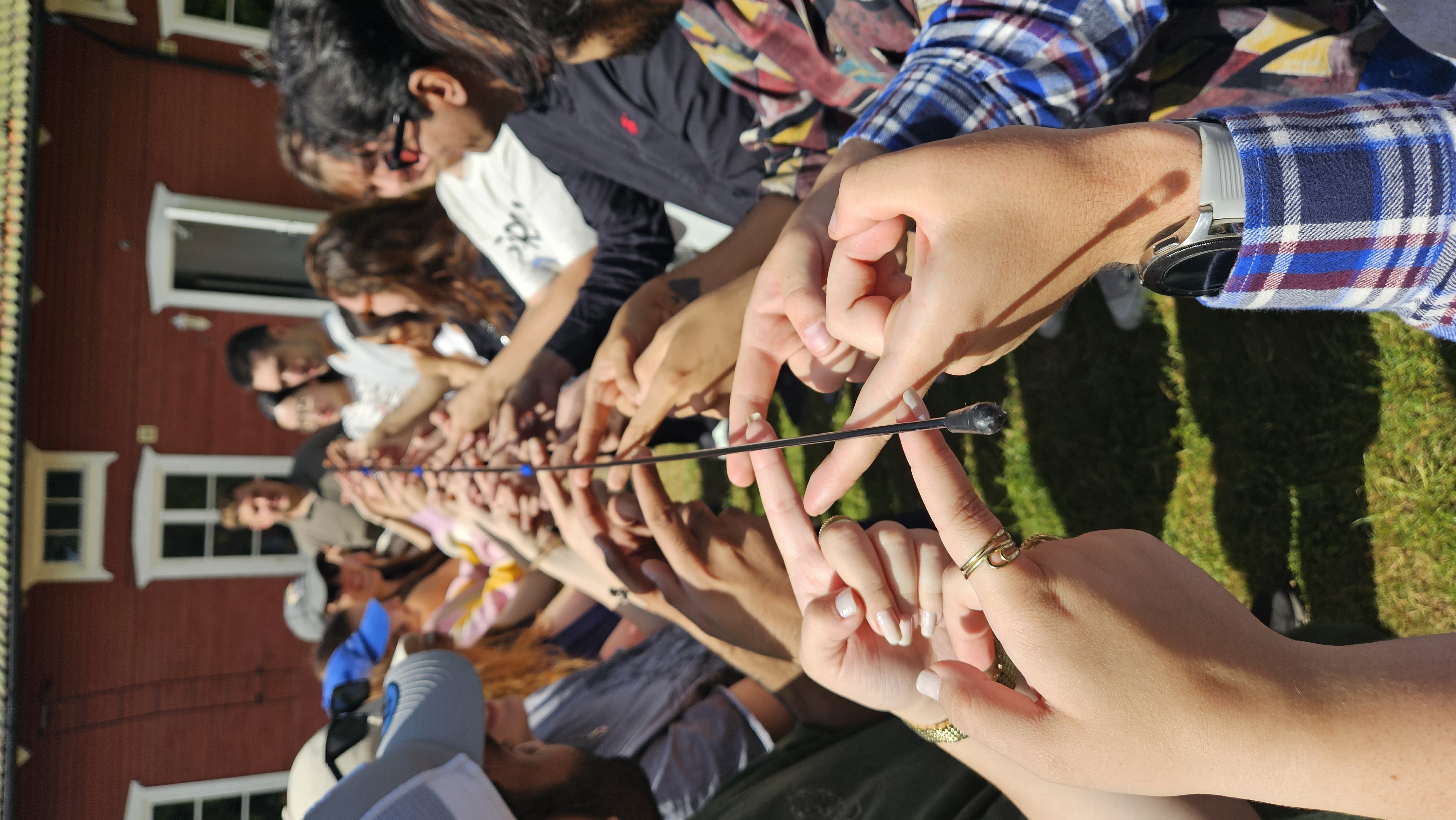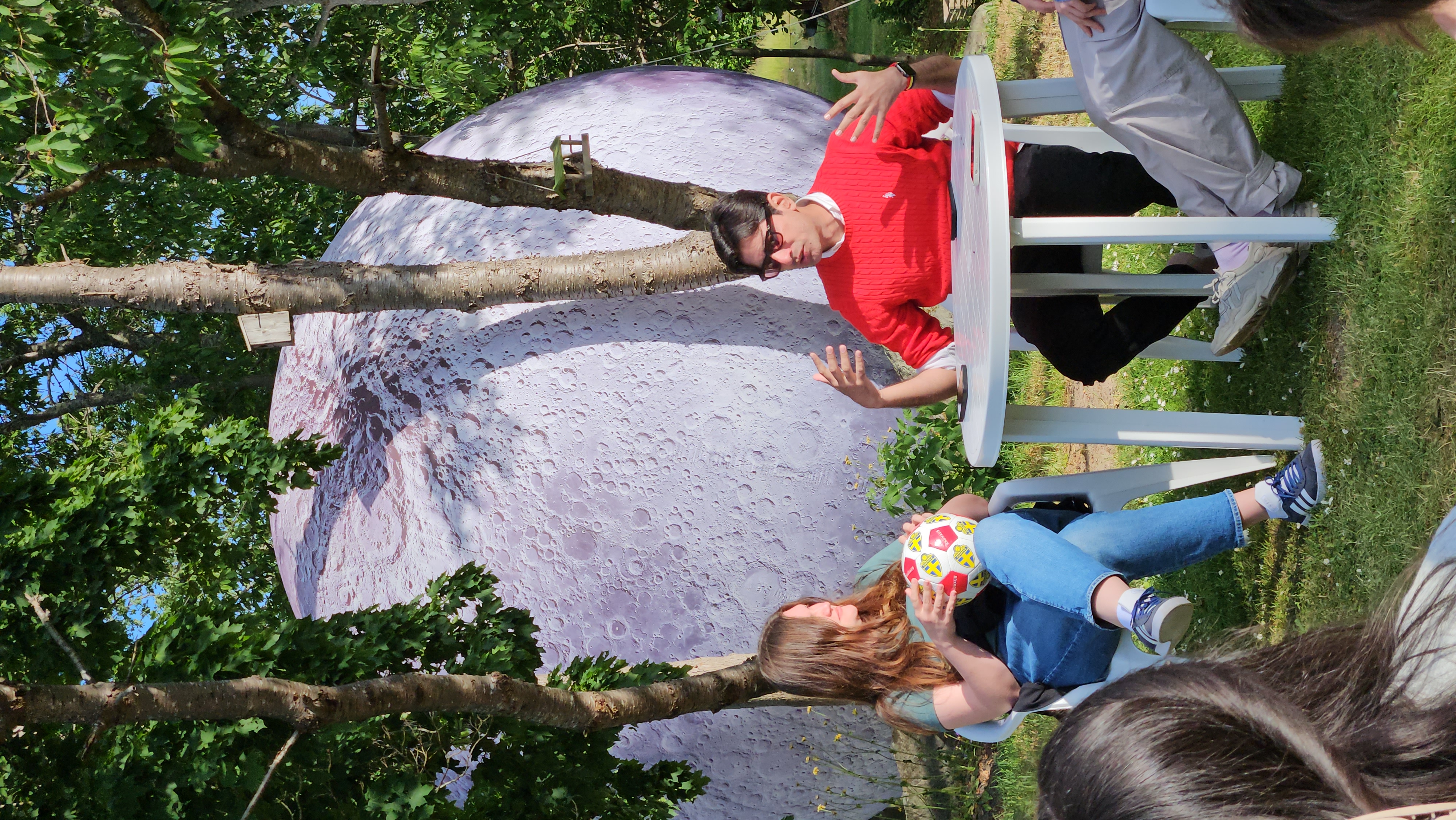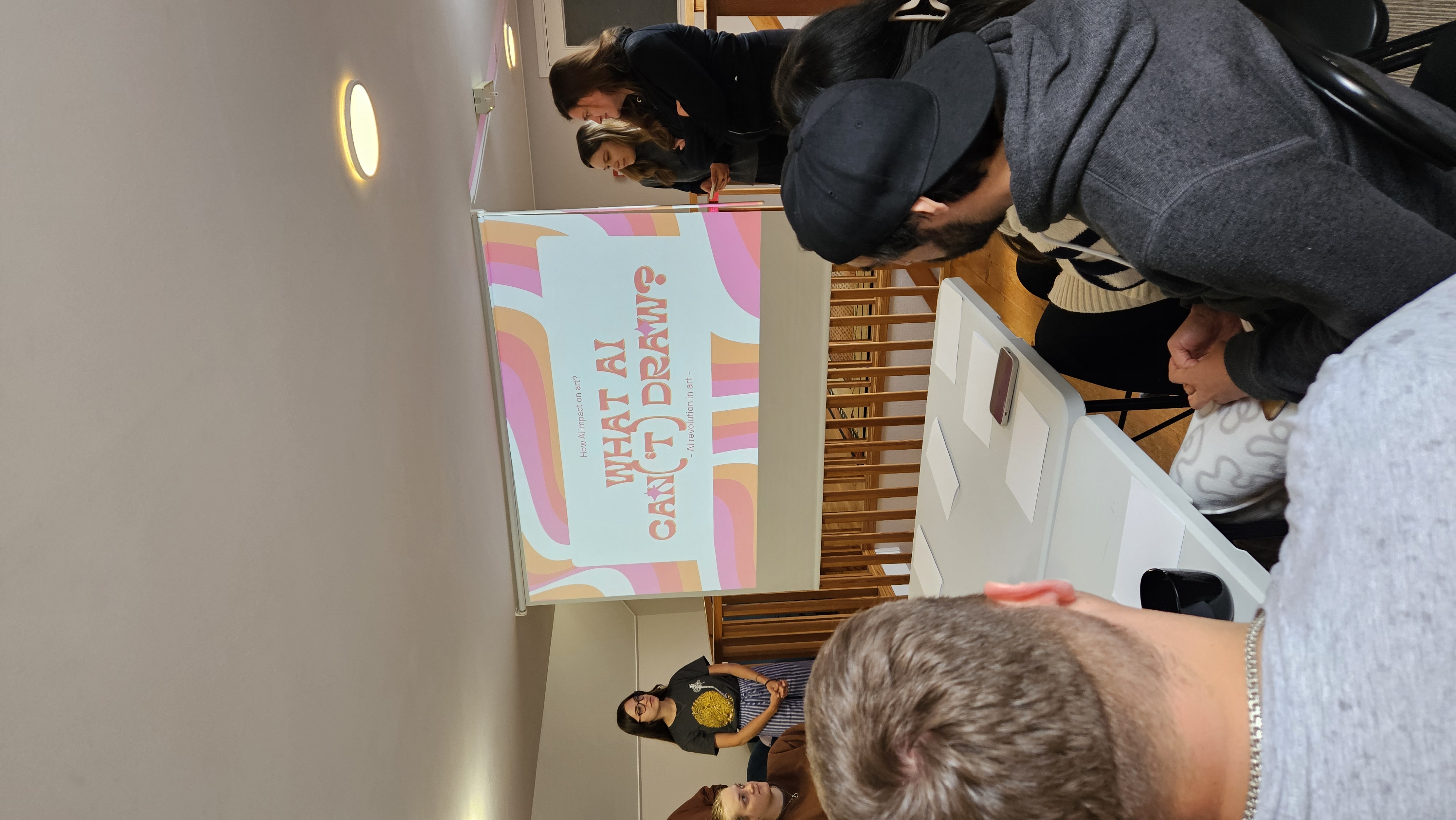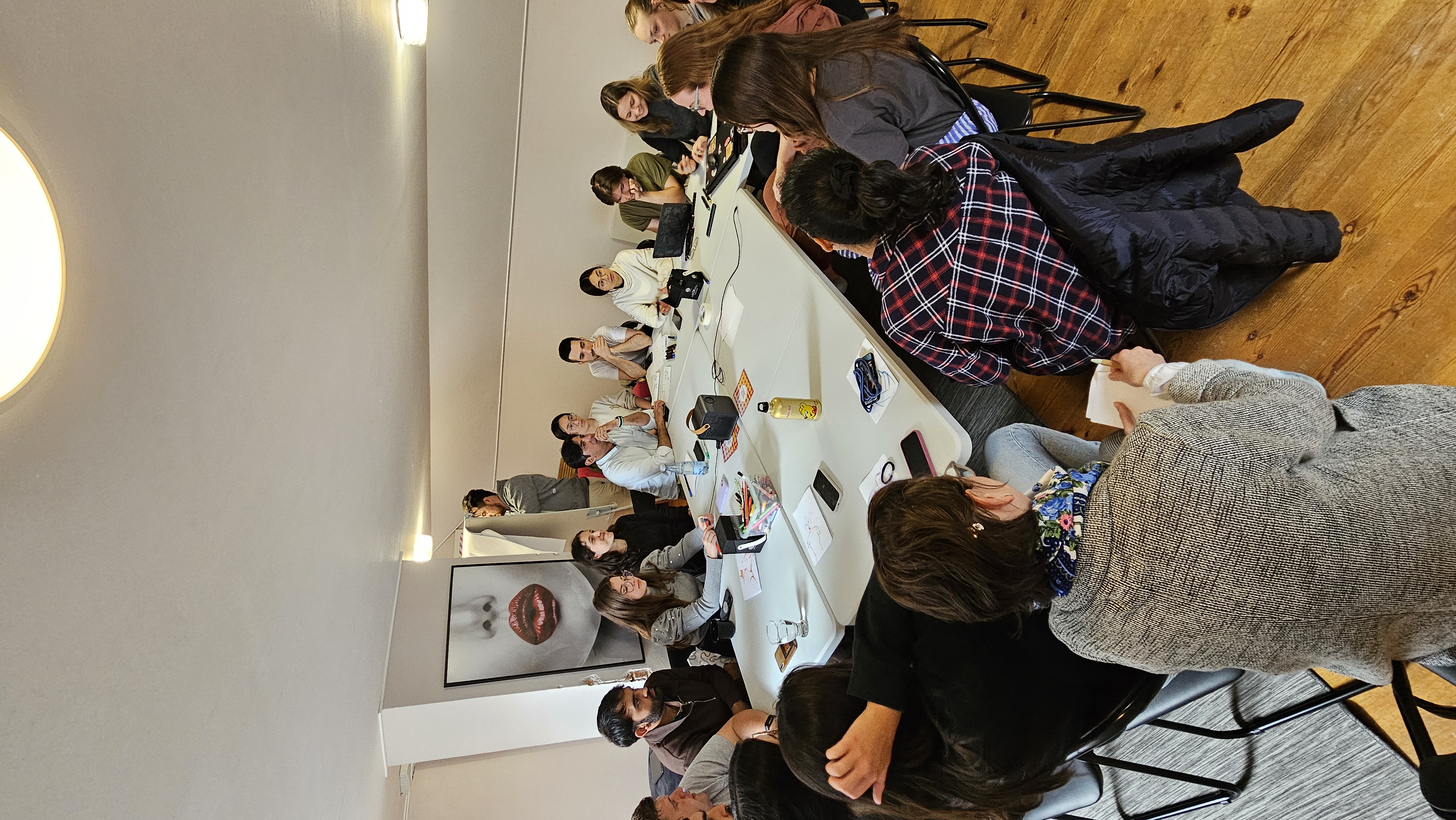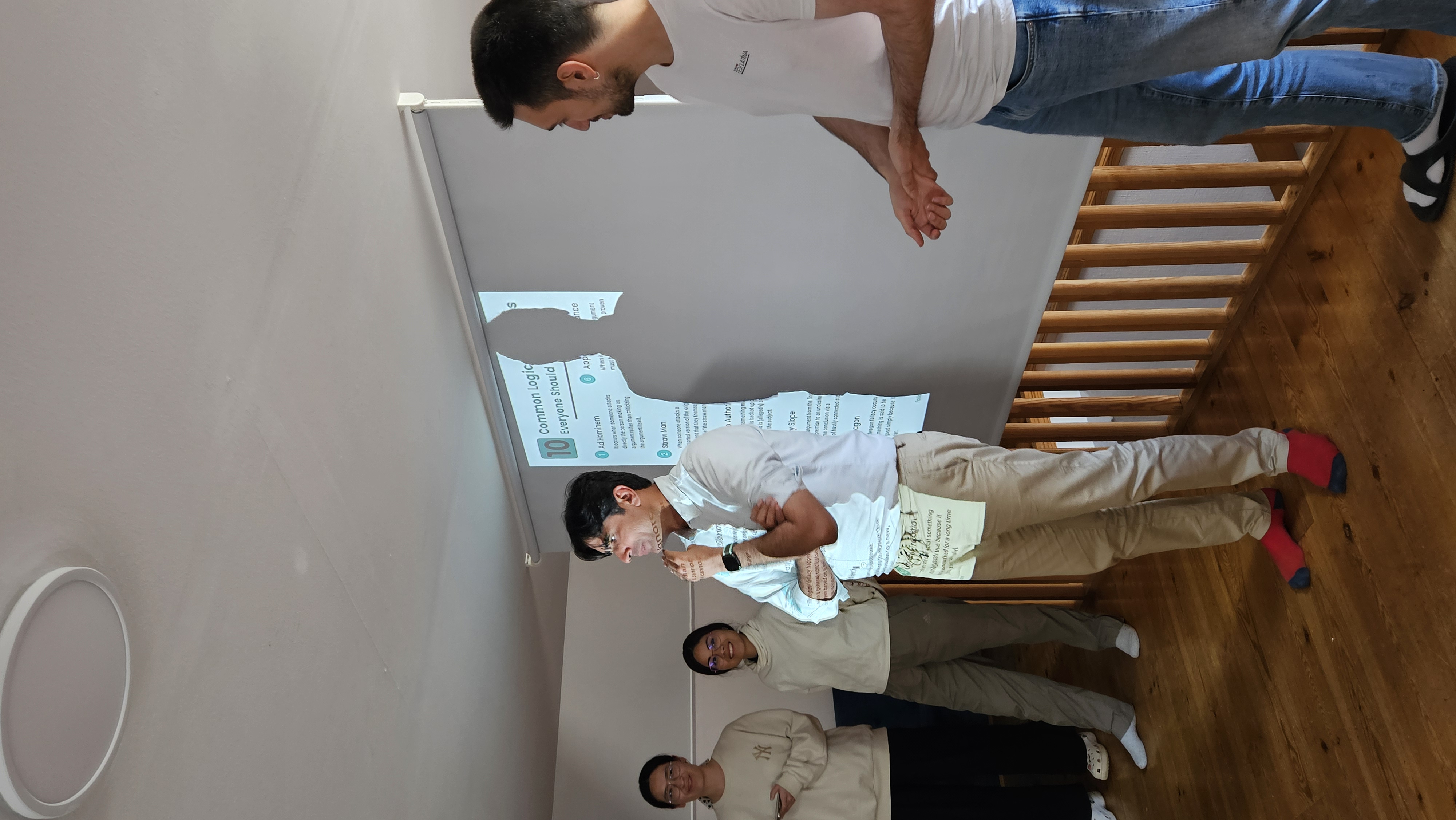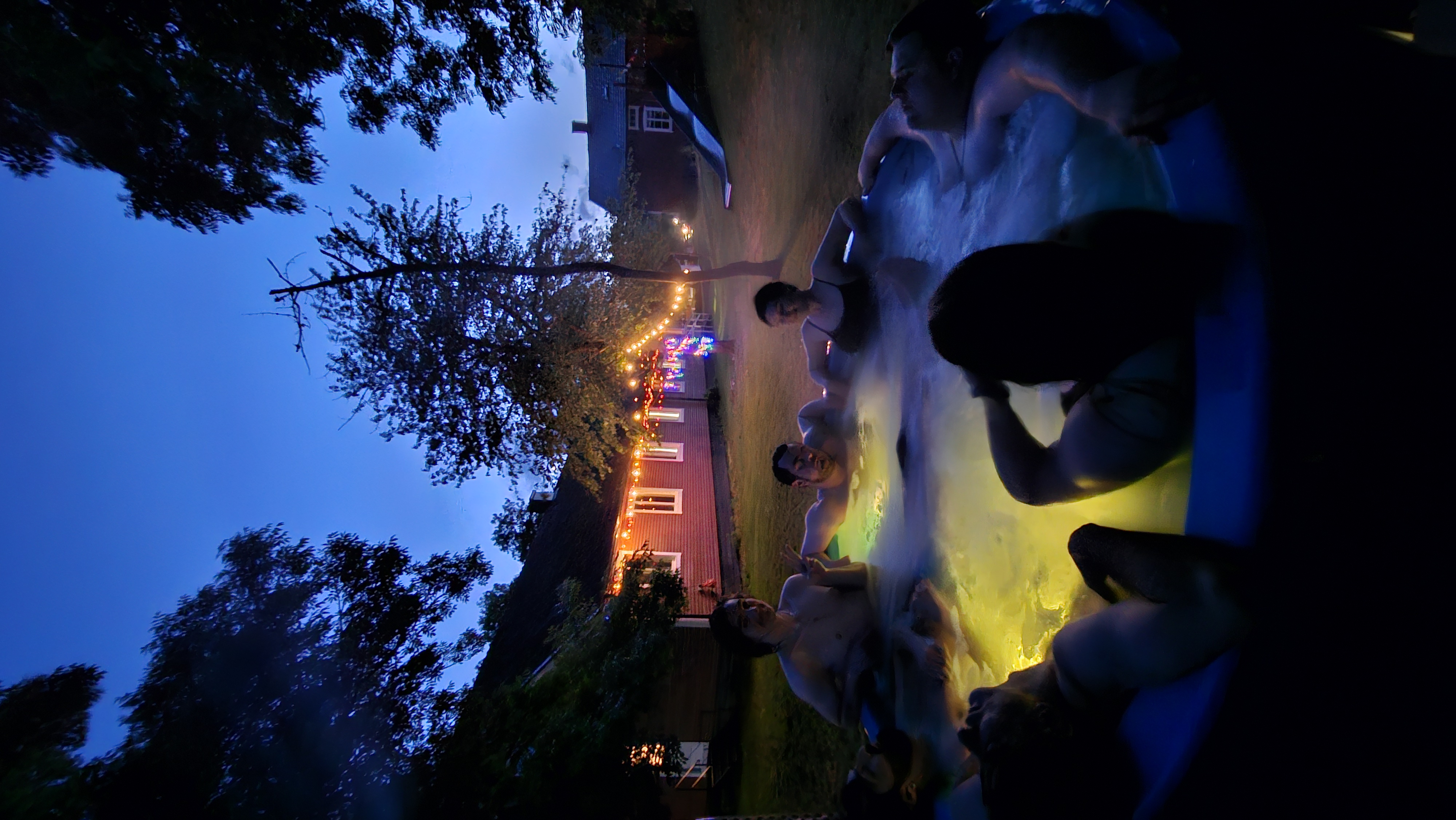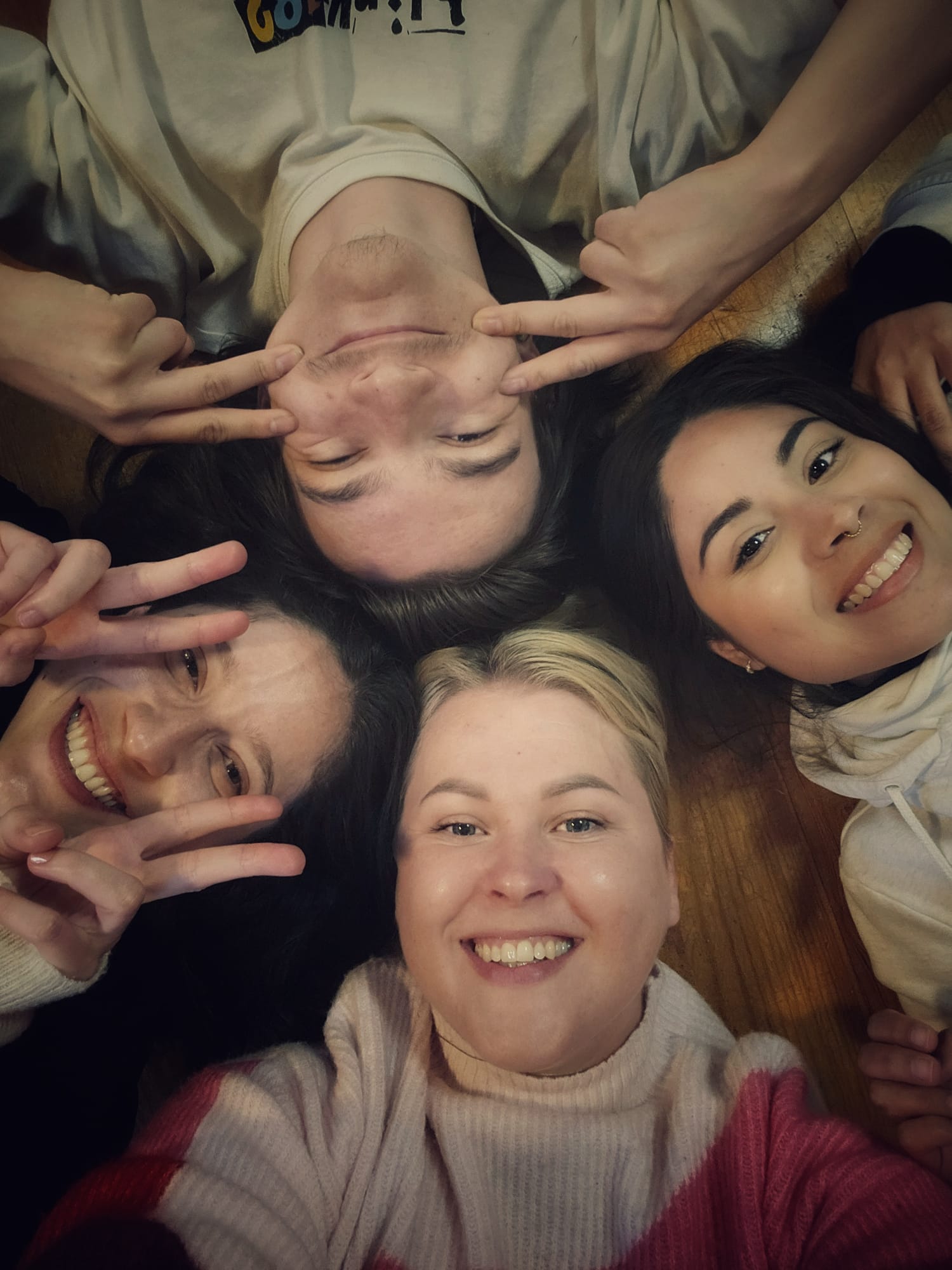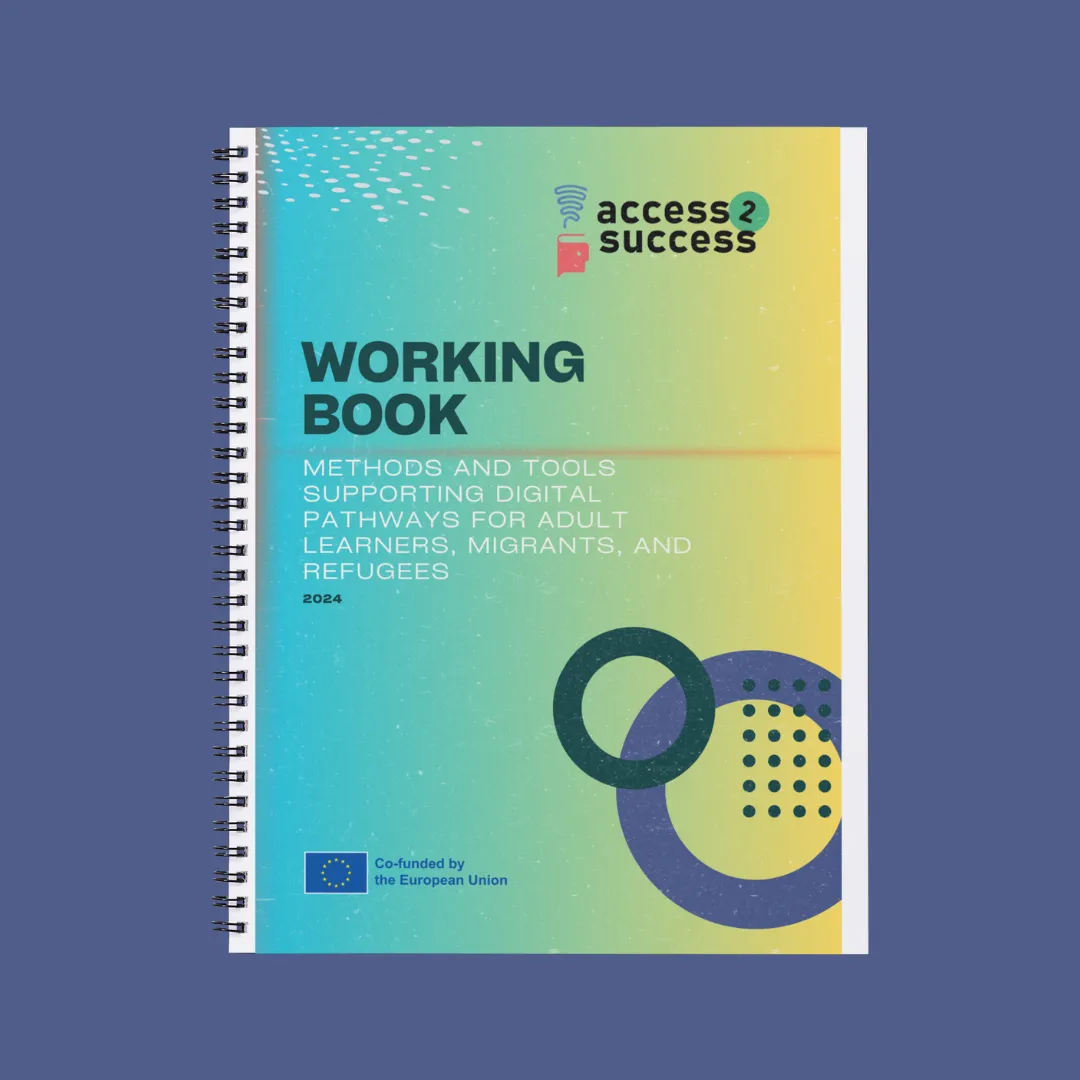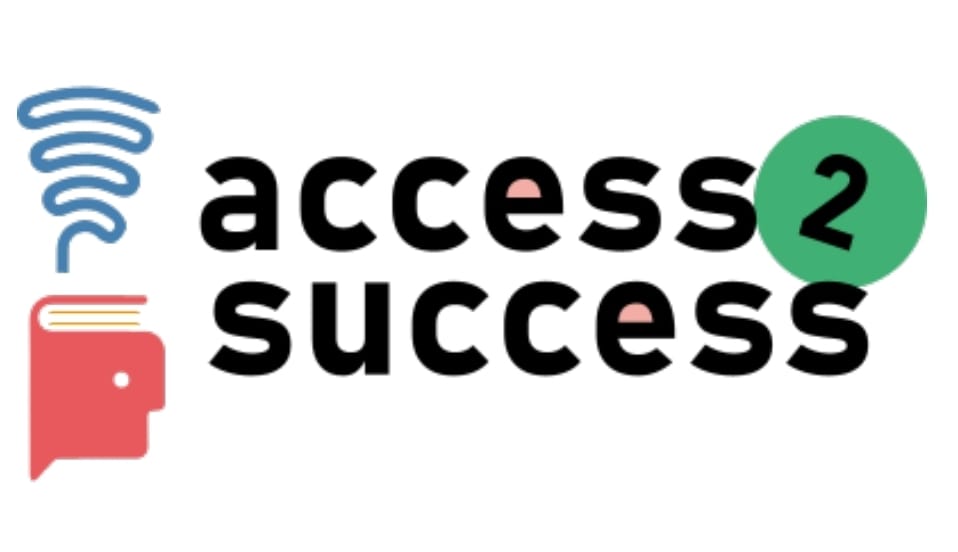
KA210-ADULTS Access 2 Success
Digital technologies are an integral part of modern life, yet unequal access to and skills in using these technologies—referred to as the digital divide—continue to create barriers for many communities. This project seeks to address this challenge by providing individuals with essential digital skills, improving digital literacy, and promoting a better understanding of digital citizenship. Through these efforts, the project aims to foster inclusion and equal opportunities in the digital space.
The primary target groups for this initiative include adult migrants, refugees, social workers, youth workers, and educators. The project is firmly grounded in the unique socio-digital contexts of Germany, Spain, Poland, and Sweden, reflecting the diversity of its consortium members.
The project’s timeline includes several key stages: conducting research to examine national contexts and producing four country-specific indexes; organising a Training Course in Sweden to enhance digital competencies based on the research findings; creating a workbook for educators containing practical tools and methodologies; and facilitating dissemination activities led by participants to maximise impact.
This project is co-funded by the European Union through the Erasmus+ programme. The consortium includes Culture Goes Europe e.V. (Germany), Goodness of People (Sweden), Logos (Poland), and Fedelatina (Spain).




